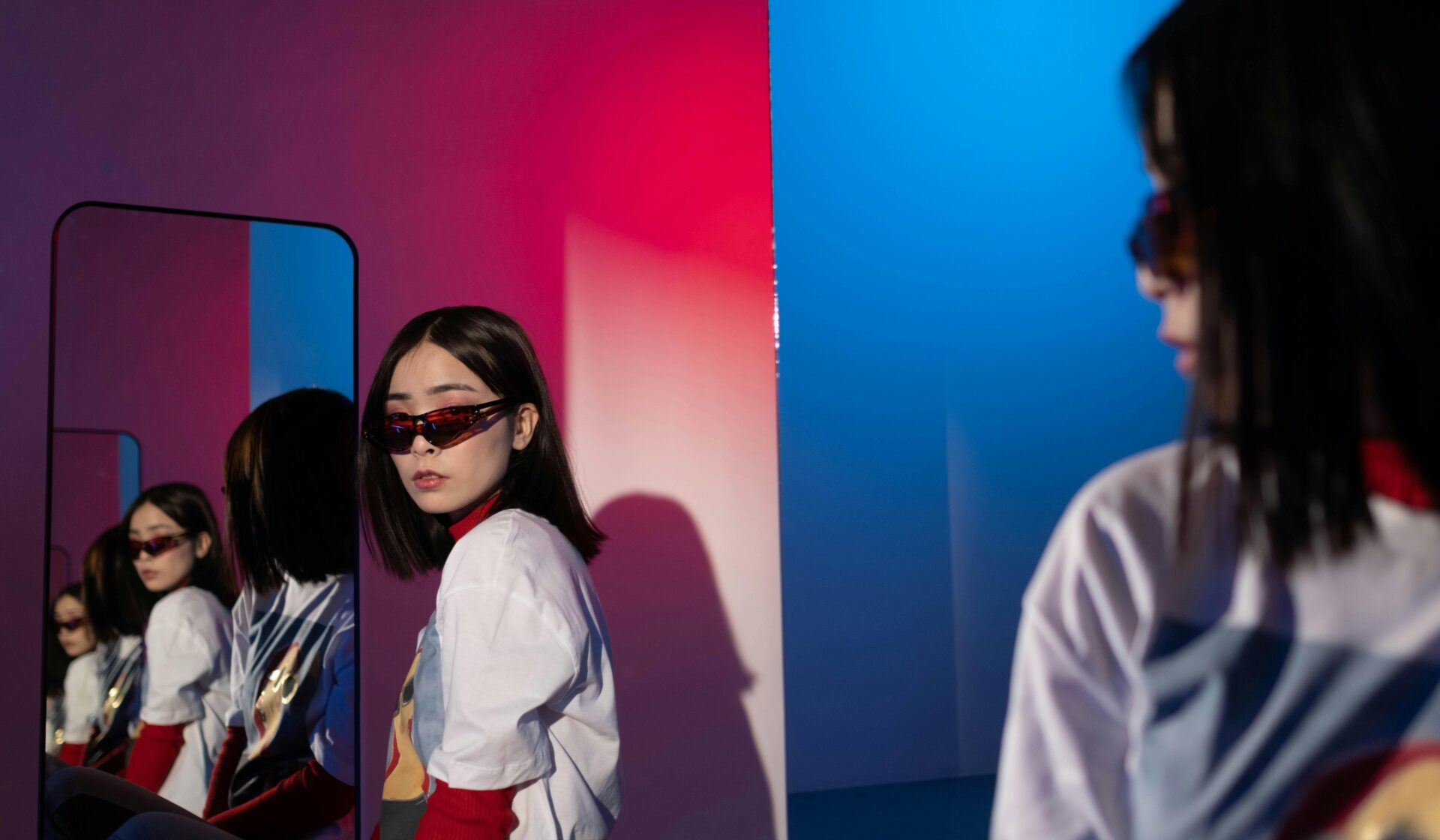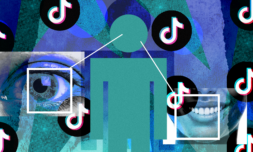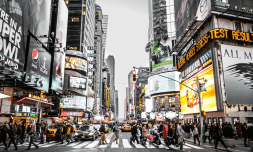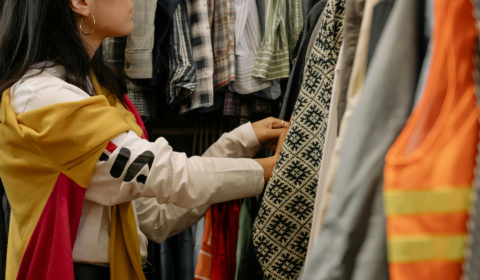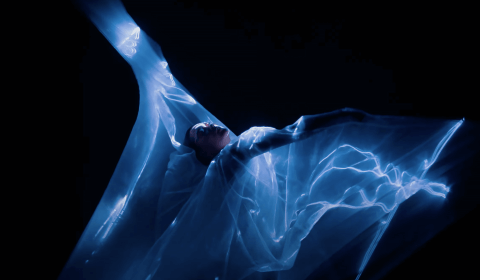Before mirrors and smartphones were invented, the only way to see our own face was to use nature. Nowadays, we’re faced with our reflection on so many occasions throughout an average day that it’s no wonder we’re all so preoccupied with our appearance.
Not to be dramatic, but in recent years, I’ve found myself resonating more and more with Fernando Pessoa’s statement that ‘the inventor of the mirror poisoned the human heart.’
The Portuguese poet – a renowned existentialist – wrote in the early 1900s that ‘man shouldn’t be able to see his own face,’ that ‘nature gave him the gift of not being able to see it, and of not being able to stare at his own eyes.’
Almost a century since his death, and I can’t help but wonder what the man who deemed ‘beholding’ oneself in the water of rivers and ponds ‘ignominious’ would think of things now, when nature (or even mirrors) is by no means the only thing we can use to look at ourselves.
In 2024, beyond gazing at our reflections in the passing windows of buildings and vehicles or polished metal surfaces, we relentlessly fixate on our self-proclaimed imperfections through a screen in selfies, video calls, and on social media.
It’s no wonder we’re all so preoccupied with our appearance.
‘I can’t tell you how many times I think I look one way and then I catch myself in the mirror and it’s like a whole other person, I don’t know who she is,’ says @honey_2_the_soul in a TikTok video. ‘What if we just got to be the selves that we see inside our head? What if our reflections really do fuck us up?’
Historically, our identities were heavily linked with our surroundings and our relationships, but as the quality of mirrors improved, so too did our visual self-awareness which, in turn, has shifted the focus inwards.
While self-awareness isn’t an issue in itself, constantly looking at ourselves will inevitably amplify self-criticism because we become attuned to every little detail, losing sight of the whole.
Without healthy boundaries, in excess it can feed a harmful obsession with self-image and distort self-perception.
This increases tenfold when you throw technology into the mix, which has – seemingly under our noses and quicker than we’ve had the time to mentally adjust to – completely transformed how we perceive our worth, forcing us to be so aware of how we look and how we ‘should’ look that we’re now accustomed to equating appearance with personal value.









